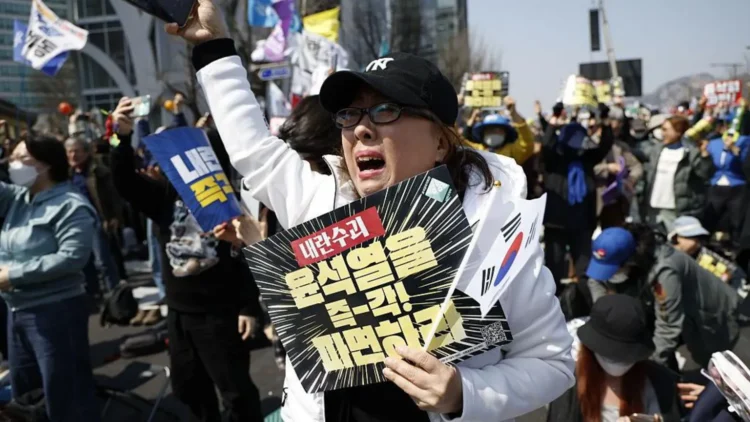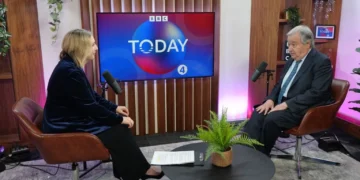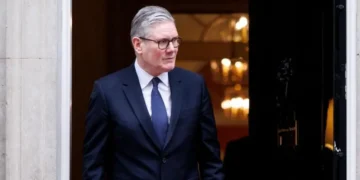They braved the winter cold, traveled for hours, and raised their voices in protest—and they helped change the course of South Korean history.
On the night of December 3, An Byunghui was immersed in a video game when chaos struck the nation: then-president Yoon Suk Yeol had declared martial law. Social media exploded with scenes of soldiers storming the National Assembly and lawmakers climbing walls to stop the president’s power grab.
Byunghui, just 24 years old, dropped everything. She joined thousands of others—many of them young women—making her way from Daegu to Seoul to demand Yoon’s removal. They weren’t just outraged by martial law. They were protesting years of denial, discrimination, and a leader who claimed South Korea had “no structural sexism.”
The movement only grew. Week after week, these women returned to the streets, chanting, singing K-pop anthems under umbrellas and in thick winter coats. They were a driving force behind the mass protests that led to Yoon’s impeachment after four intense months.
Yet, as South Koreans prepare to elect a new president on June 3, those same women say they’ve been pushed back into the shadows.
“The rallies felt like we were trying to make the world a better place,” says Byunghui. “But now, I wonder if anything has really changed. I can’t shake the feeling that they’re trying to erase women’s voices.”
Despite their pivotal role in Yoon’s downfall, the country’s major presidential candidates have remained largely silent on gender equality. In fact, one fringe candidate has risen to prominence by championing anti-feminist rhetoric—a chilling echo of the sentiment that helped Yoon win in 2022.
For many women, this election feels less like a step forward, and more like a stark reminder of how fragile progress can be.
Their message is clear: they haven’t forgotten the fight, and they refuse to be forgotten.










